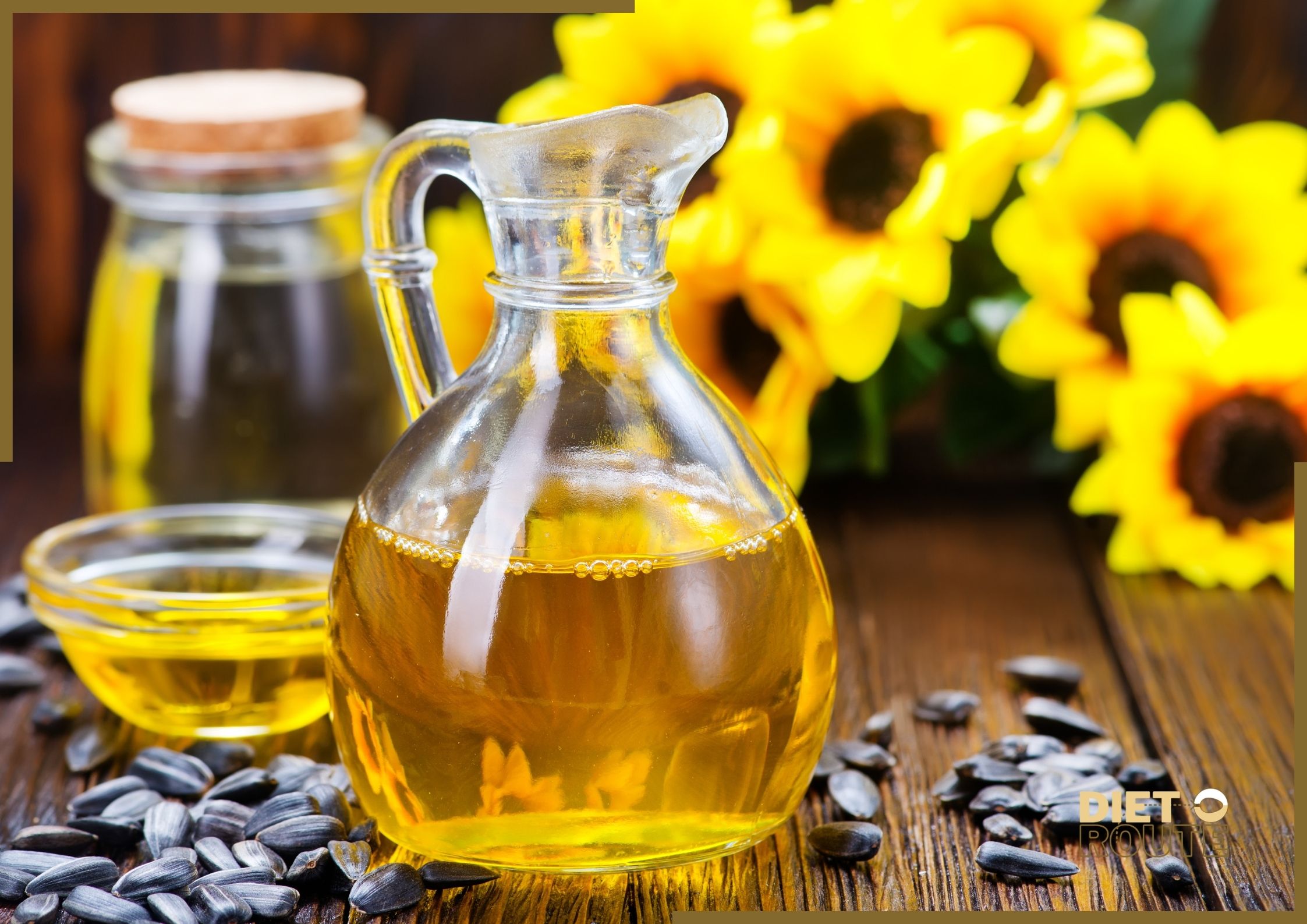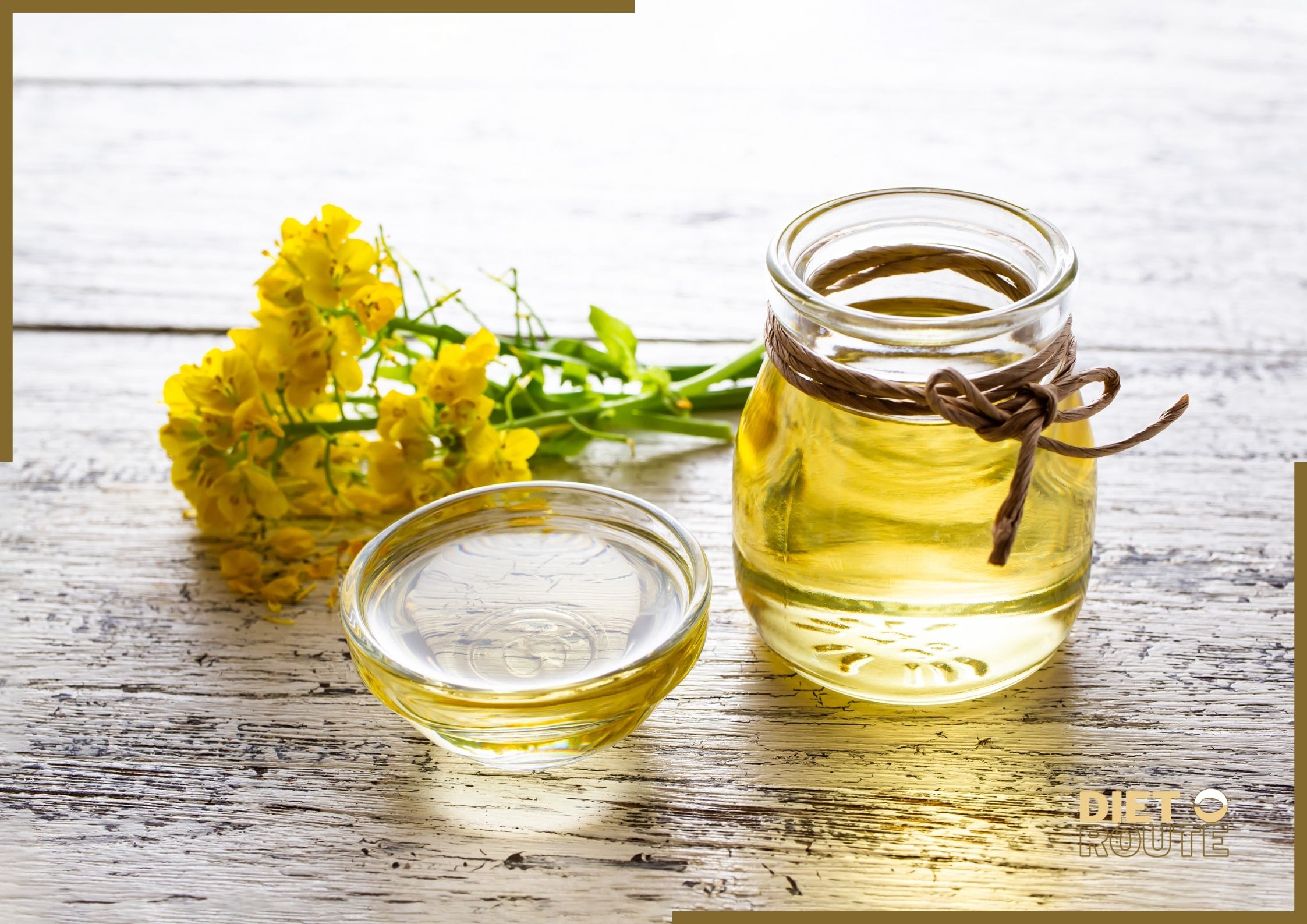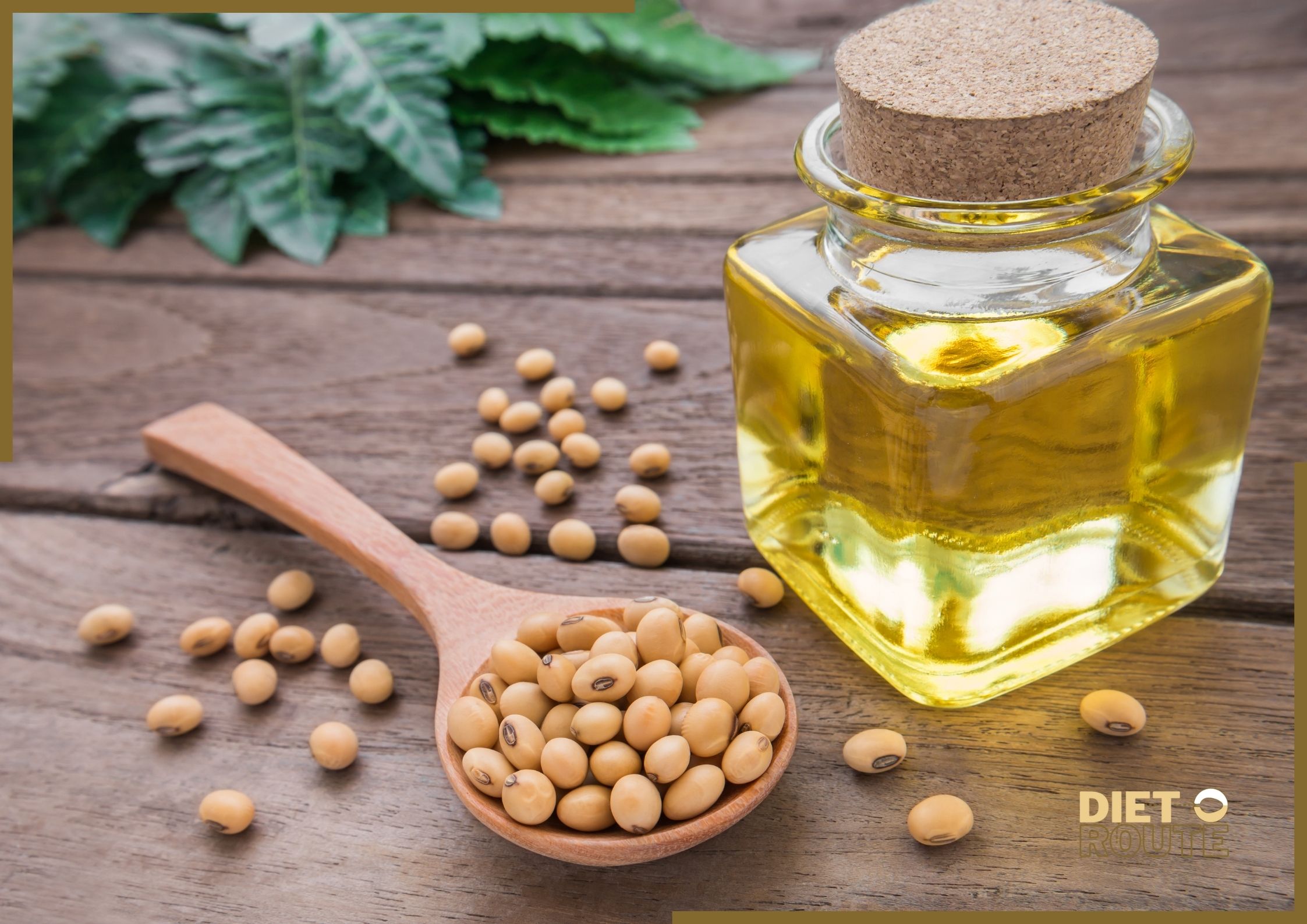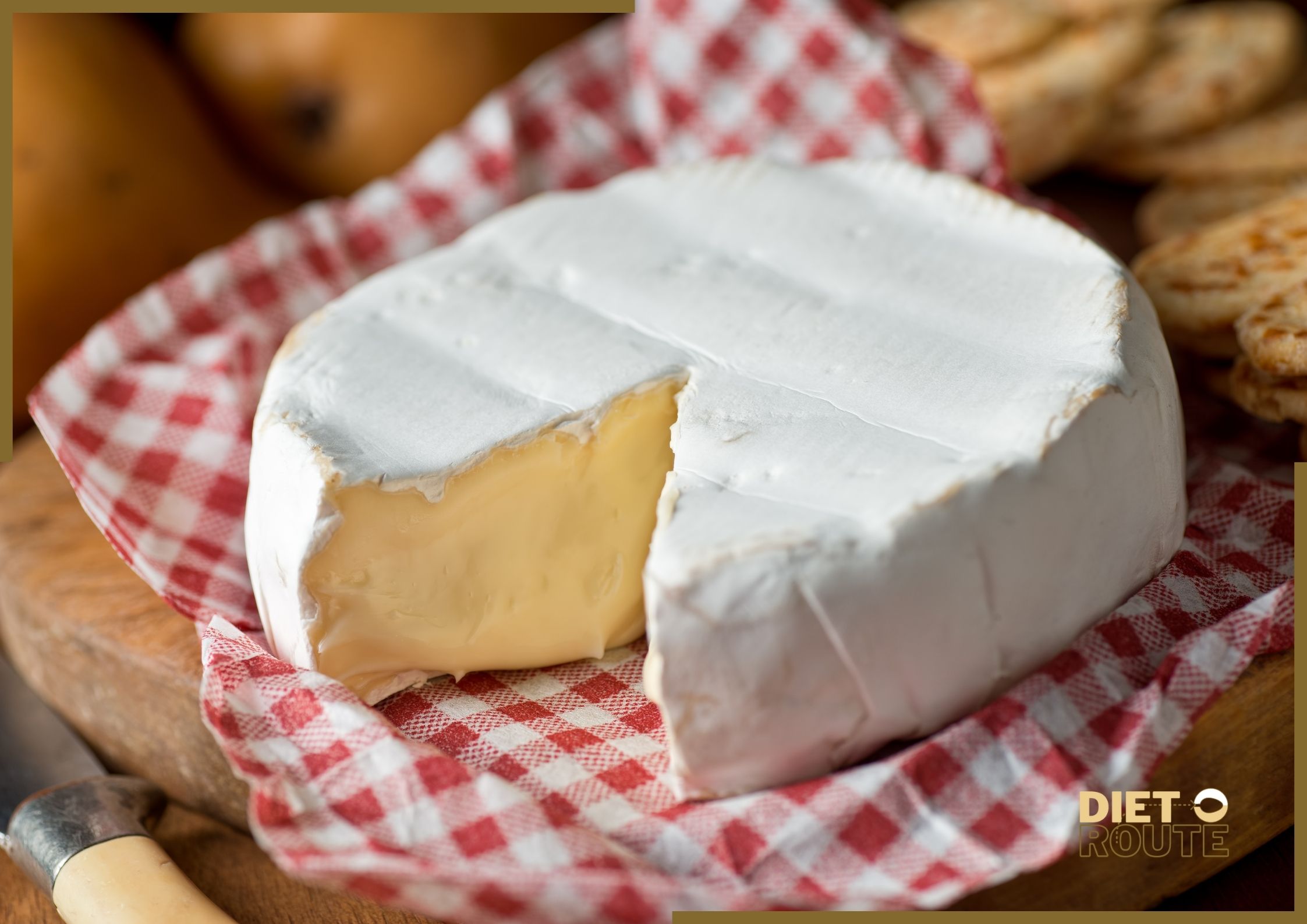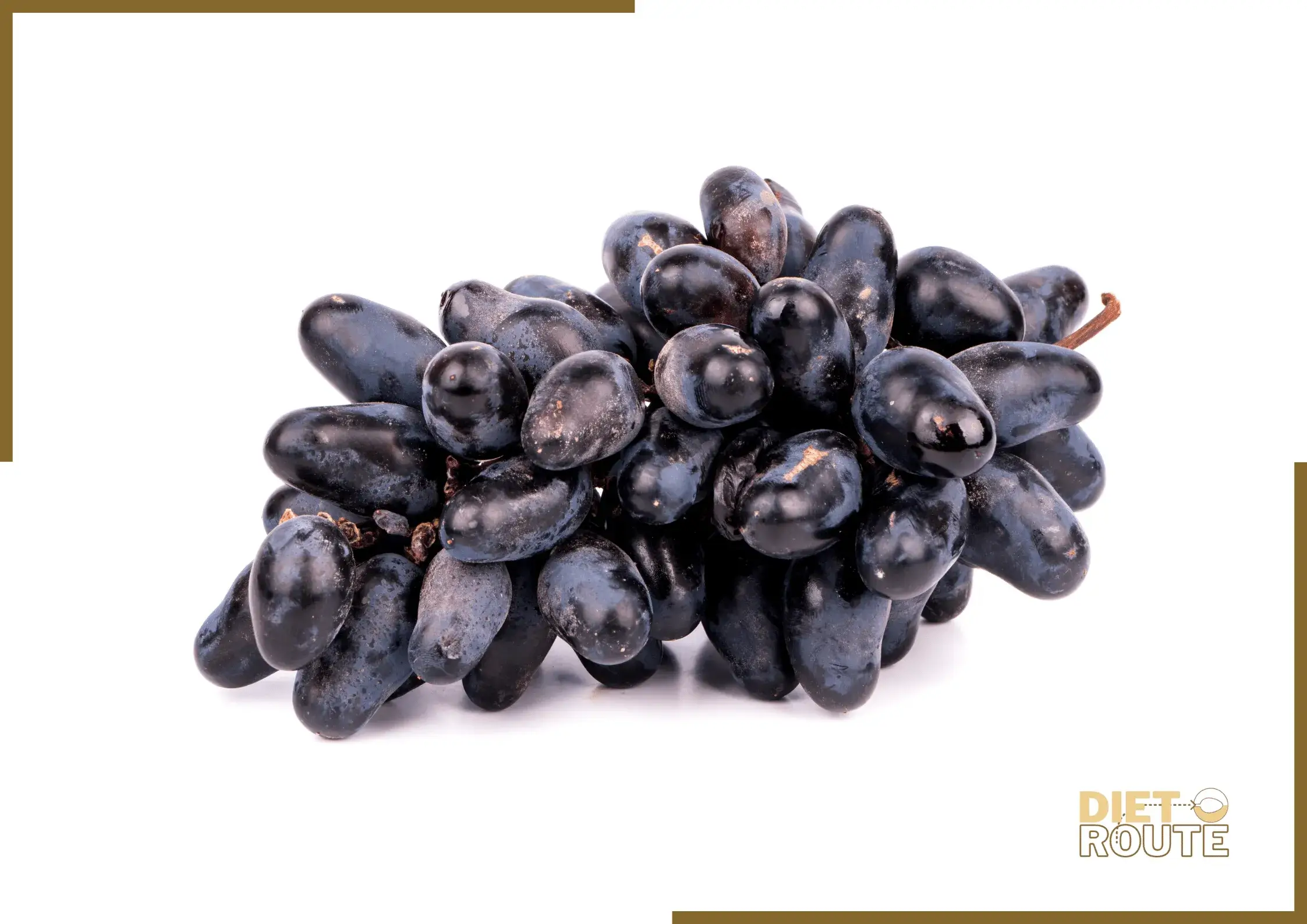Table of Contents
Introduction
Edible sunflower oil is a widely used cooking oil that is renowned for its versatility and mild taste. The low nutritional value of edible sunflower oil will be discussed in this piece, along with a table showcasing its nutritional profile per 100 grams. We will also talk about the pros and cons, answer some of the most common questions about it, and help you decide if you want to add it to your diet.
Nutritional Value Approximately 100g
| Nutrient | Amount Per Serving (1 tablespoon) | % Daily Value |
|---|---|---|
| Calories | 120 | 6% |
| Total Fat | 14g | 18% |
| – Saturated Fat | 1.5g | 8% |
| – Trans Fat | 0g | |
| Monounsaturated Fat | 3.9g | |
| Polyunsaturated Fat | 8.9g | |
| Cholesterol | 0mg | 0% |
| Sodium | 0mg | 0% |
| Total Carbohydrates | 0g | 0% |
| – Dietary Fiber | 0g | 0% |
| – Sugars | 0g | |
| Protein | 0g | 0% |
| Vitamin E | 5.6mg | 37% |
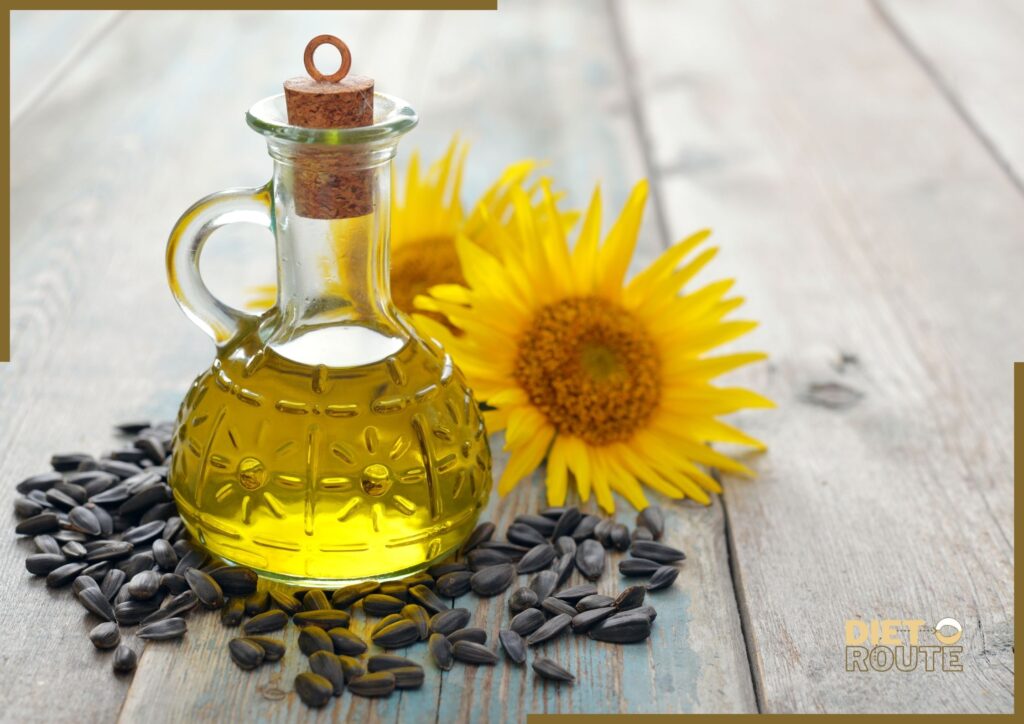
Pros
1. Heart-Healthy Fats:
It is high in monounsaturated and polyunsaturated fats, such as omega-6 fatty acids, which are good for your heart health.
2. Vitamin E:
It is a good source of vitamin E, which is a strong antioxidant that helps keep cells from getting damaged.
3. Versatile Culinary Uses:
It is suitable for a variety of cooking techniques, such as frying, sautéing, and baking, thanks to its mild flavor and high smoke point.
4. Cholesterol-Free:
It is naturally cholesterol-free, making it a suitable choice for individuals who are watching their cholesterol levels.
Cons
1. Omega-6 Fatty Acid Imbalance:
Omega-6 fatty acids are important, but if you eat too much sunflower oil or other oils high in omega-6 fatty acids without getting enough omega-3 fatty acids, it may cause inflammation.
Frequently Asked Questions (FAQ)
1. Is edible sunflower oil suitable for cooking at high temperatures?
It has a low smoke point, making it suitable for high-heat cooking techniques.
2. Can you make salad dressings with sunflower oil?
Yes, it can be used in salad dressings. It has a mild taste that goes well with many other ingredients.
3. Is sunflower oil suitable for individuals who are allergic to nuts?
Since it comes from the seeds of the sunflower plant, it is usually safe for individuals with low nut allergies.
4. Is there any good for your health in sunflower oil?
Yes, it has a lot of vitamin E and heart-healthy fats. This may help keep your skin healthy and your heart healthy, among other things.
5. Can you use sunflower oil in baking?
Yes, it can be used in low-calorie baking recipes as a substitute for butter or other oils.
6. Is sunflower oil suitable for a low-carb diet?
It is suitable for a vegan diet because it is derived from plants.
7. Can you keep sunflower oil for a long time?
It can be kept for a long time if it is stored in a cool, dark place.
8. Can this oil help reduce cholesterol?
Even though it has no cholesterol, it may have different effects on cholesterol levels based on the rest of your diet and how you live.
9. Can sunflower oil cause asthma?
Some individuals may be allergic to this oil, though this is rare. If you have any bad responses, it’s important to talk to a doctor.
10. Is it better to use pure sunflower oil?
Organic ones is made without the use of synthetic pesticides or fertilizers, making it a good option for people who want to buy organic items.
In A Nut Shell
Edible sunflower oil has many health advantages, such as heart-healthy fats and vitamin E content. Due to its high calorie content, even though it offers versatility in cooking, it should be consumed in moderation. It can be a healthy addition to a balanced diet, but it’s important to think about your own food needs and long-term health objectives. Always talk to a healthcare professional or registered dietitian for personalized help on how to add it to your diet.
